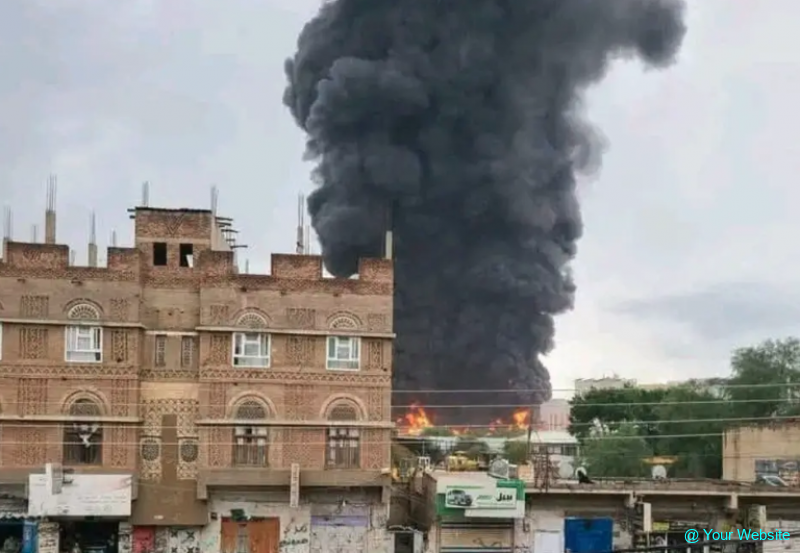
Following days of speculation, the results of Israel's Thursday airstrike on Yemen's capital, Sanaa, have come into focus. The Houthis have confirmed the death of Prime Minister Ahmed Ghalib al-Rahavi, along with several of his associates, in the attack.
In an official statement, the Houthi leadership declared:
"We announce the death of Prime Minister Ahmed Ghalib al-Rahavi, along with a number of his associates last Thursday."
The Houthis also stated that the attack, which targeted a government meeting, would not disrupt the delivery of services to the Yemeni people:
"The Israeli enemy attacked the Prime Minister and several ministers during a regular government workshop. The institutions will continue to provide their services to the Yemeni people and will not be affected, no matter the extent of the damage."
Details of the Attack: Strategic Targeting of Key Leaders
Reports from Yemeni media outlets shortly after the strike indicated that Prime Minister al-Rahavi had been killed. Additionally, two other prominent figures were confirmed dead: Abd al-Salam al-Manabhi, personal security guard to Houthi Supreme Political Council leader Mahdi al-Mashat, and Sakhar al-Sharjabi, the director of the Houthi Chief of Staff's office.
The airstrike targeted a secret government building in Sanaa where top officials had gathered. Despite the building's significant distance from Israel — more than 2,000 kilometers — the IDF managed to launch a precision attack using a large number of Air Force planes, armed with tons of bombs.
The attack was carefully coordinated, with Israeli pilots initially waiting for confirmation that the Houthi Chief of Staff, a key target for Israel since Operation "Am Kalavi," would attend the meeting. When his presence was not confirmed, the decision was made to proceed with the strike, taking out almost all of the Houthi government ministers, including the interior and defense ministers, both central figures in Yemen's military operations.
Houthi Response: Dismissing Israeli Claims
In the aftermath, Houthi officials were quick to dismiss Israeli claims of a successful strike. Nasser al-Adeen, a senior Houthi leader, appeared on Al Jazeera shortly after the attack, refuting Israel's version of events:
"The Israeli narrative is confused and there is no truth in what they say about harming the leaders. Israel's plan is to harm the Yemeni people who are taking to the streets in their thousands to support Gaza."
The Houthis also characterized the attack as part of a broader Israeli effort to undermine the Yemeni population's support for Gaza.
Strategic Impact: A Landmark Intelligence and Operational Achievement
This attack marks a dramatic intelligence and operational achievement for the Israeli Defense Forces (IDF). The strike is being hailed as a major success, even surpassing the Pager Operation in Lebanon, which previously demonstrated Israel's far-reaching operational capabilities.
Though Israel has long been involved in operations targeting Iranian-backed groups in the region, this marks a new level of precision and strategic impact, further demonstrating the IDF’s ability to conduct complex, long-range operations in the heart of hostile territories.
Articles Archive
Top Categories
ABOUT IFI TODAY

Lorem ipsum dolor sit amet, consectetur adipisicing elit, sed do eiusmod tempor incididunt ut labore et dolore magna aliqua. Ut enim ad minim veniam, quis nostrud exercitation ullamco laboris nisi ut aliquip ex ea commodo consequat. Duis aute irure dolor in reprehenderit in voluptate velit esse cillum


Comments